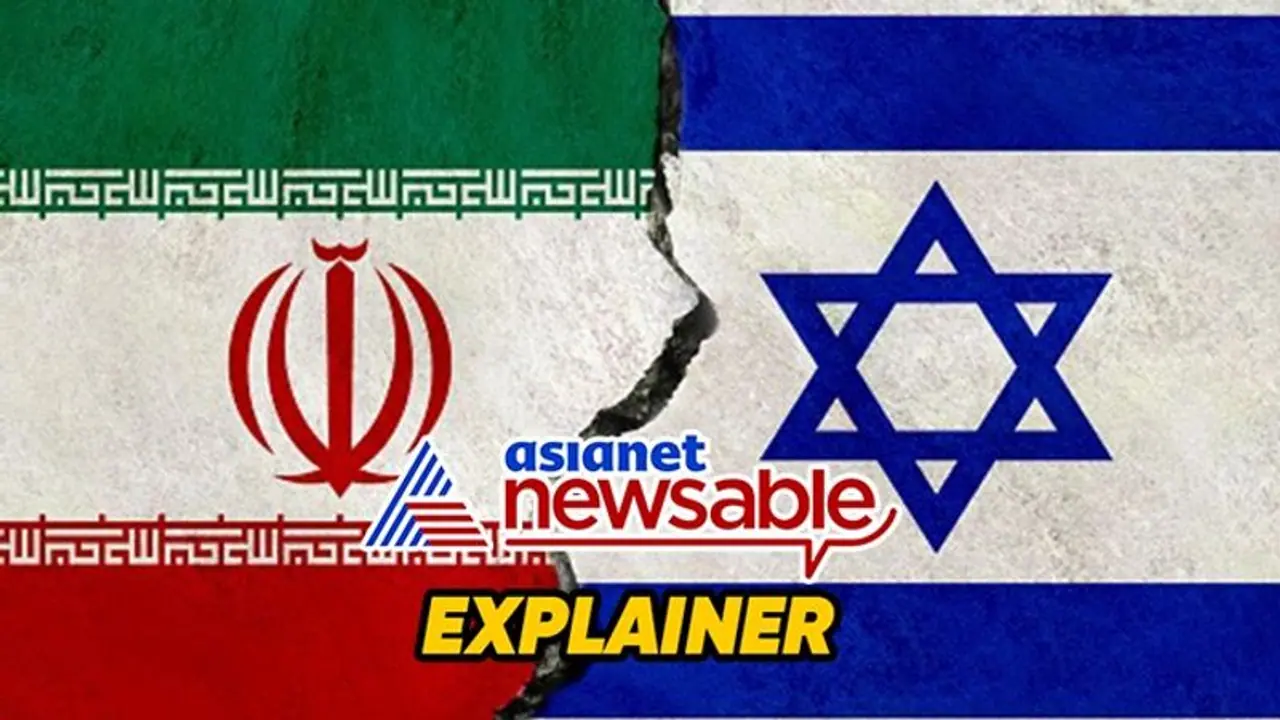According to a comprehensive report by the Critical Threats Project (CTP) at the American Enterprise Institute and the Institute for the Study of War (ISW), Iran is employing the notion of an "imminent" attack to induce psychological distress within Israel.
Israel is on high alert amid concerns of a potential direct assault from Iran within the next 24 to 48 hours, with targets possibly including the southern or northern regions of the country. However, sources familiar with Iranian leadership indicate that while attack plans are being considered, a final decision has not been made, according to a report from the Wall Street Journal.

Responding to the escalating tensions, the US Embassy in Israel has imposed travel restrictions on government employees and their families, limiting personal travel to central regions of Israel, Jerusalem, and Beersheba until further notice.
Also read: Iran likely to attack Israel within 48 hours as tensions escalate: Report
Against the backdrop of heightened tensions in the Middle East, Russia, Germany, and Britain have urged restraint among regional actors as the prospect of an Iranian retaliatory strike against Israel looms larger. These calls for calm follow an airstrike on April 1 that targeted an Iranian embassy compound in Damascus, resulting in the death of a senior Iranian general and six military officers. Iran has pledged to retaliate for the attack, which it attributes to Israel.
In a strong statement, Iranian Supreme Leader Ayatollah Ali Khamenei asserted on Wednesday that Israel "must be punished and it shall be," characterizing the airstrike as an infringement on Iranian territory. Tehran's envoy to the United Nations echoed this sentiment, criticizing the absence of a UN Security Council condemnation of the strike, which it contended could have averted further escalation.
Israeli Prime Minister Benjamin Netanyahu reiterated Israel’s resolve to defend itself amid ongoing military activities in Gaza. "Whoever harms us, we will retaliate against them. We are fully prepared to address all security requirements of the State of Israel, both defensively and offensively," Netanyahu affirmed during a visit to an air force base.
The exact timing of Iran's much-discussed attack on Israel—whether within 24 or 48 hours—remains uncertain. Iran appears to be escalating its rhetoric against Israel, exploiting the ambiguity of its threats to sow fear and uncertainty. This tactic is part of a broader strategy to destabilize Israel and alter regional dynamics in favor of Iranian interests.
According to a comprehensive report by the Critical Threats Project (CTP) at the American Enterprise Institute and the Institute for the Study of War (ISW), Iran is employing the notion of an "imminent" attack to induce psychological distress within Israel. The report underscores a series of manipulated state media narratives that have contributed to heightened tensions and anxiety among the Israeli populace.
Western media sources claimed on April 10 that Iran may hit Israel with drones and missiles in retribution for the recent deaths of several senior IRGC officers in Damascus.
After initial reports, Iranian state media disseminated information suggesting that the Iranian defense minister had announced the closure of airspace around Tehran for a military exercise, hinting at preparations for a forthcoming military action. This message circulated widely, sparking speculation and anxiety about a potential attack. However, Iranian state media later retracted these statements abruptly, contributing to confusion and heightened tension.
Subsequently, Iranian military and political figures have boasted that the mere anticipation of an attack is causing distress in Israel, aligning with their strategic goals. The CTP-ISW report analyzes these maneuvers as part of a sophisticated information operation aimed at destabilizing Israel without immediate military involvement.
Also read: MEA issues travel advisory, urges Indians to avoid Iran, Israel till further notice
This strategy is in line with earlier findings of CTP-ISW, which stated that Iranian leaders hope the Israel-Hamas conflict will discourage immigration to Israel, threatening the Jewish state's long-term existence. Iran aims to undermine Israeli commitment and undermine international trust in Israel's stability by sowing doubt and fear.
Israeli security services continue to be deeply concerned about the success of Iran's psychological warfare tactics, since they must be ready for both conventional military threats and unconventional psychological operations.
